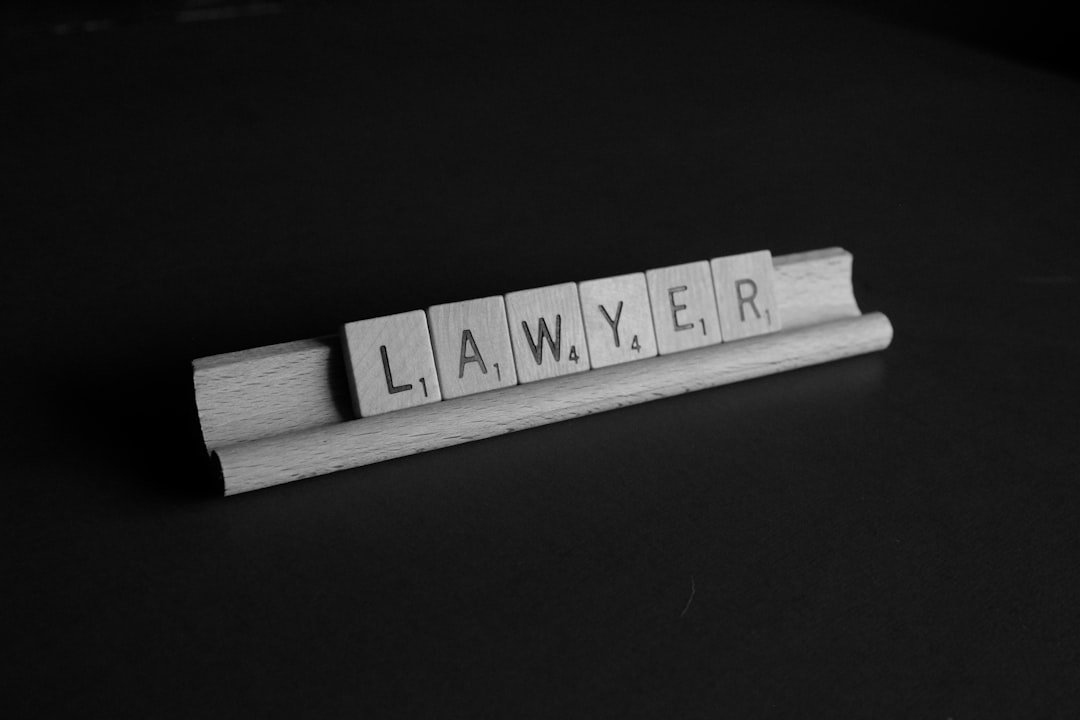Debt collectors in Virginia must adhere to state and federal laws, including the VDCA and FDCPA, which protect consumers from abusive practices. If violated, consulting debt collector lawyers Virginia is recommended for guidance and advocacy. Document interactions, gather evidence, and report violations promptly with help from these specialists to protect your rights.
In Virginia, understanding debt collection laws is crucial for both debtors and creditors. This guide equips you with the knowledge to recognize potential violations by debt collectors, ensuring your rights are protected. Learn to identify unethical practices such as harassment, false claims, or unfair collection methods. We’ll walk you through the process of documentation, gathering evidence, and taking legal action against negligent debt collector lawyers in Virginia.
Understanding Debt Collection Laws in Virginia

In Virginia, both state and federal laws regulate how debt collectors can interact with debtors. Understanding these regulations is crucial for protecting your rights as a consumer. The Virginia Debt Collection Act (VDCA) outlines specific rules debt collection agencies and lawyers must adhere to when attempting to collect debts in the state. This includes prohibiting abusive, unfair, or deceptive practices, such as threatening language, false representations of the debt, or contacting individuals at inconvenient times.
If you believe a debt collector has violated these laws, it’s important to consult with debt collector lawyers Virginia who can provide guidance and advocate for your rights. The Fair Debt Collection Practices Act (FDCPA), a federal law, also applies to debt collectors in Virginia, further safeguarding consumers from harassment or false information. Knowing your rights under both state and federal legislation is the first step towards ensuring fair treatment during debt collection processes.
Recognizing Violations: What to Look For

When it comes to recognizing debt collection violations in Virginia, being able to identify the signs is half the battle won. Debt collectors must adhere to specific rules and regulations set by both state and federal laws. Violations can occur when a collector uses aggressive or harassing tactics, makes false statements about your debt, or fails to verify the debt with the original creditor. Look out for calls at inconvenient hours, threats of legal action without intent to follow through, or failure to provide validation of the debt when requested.
Virginia debt collector lawyers emphasize that consumers have rights, and understanding these violations is crucial. If you believe your rights have been infringed upon, document every interaction with the debt collector—including dates, times, and a detailed account of what was said. This documentation will be invaluable if you decide to take legal action. Remember, knowledge is power; staying informed about your rights can help protect you from unfair debt collection practices.
Documentation: Gathering Evidence

When reporting debt collection violations in Virginia, proper documentation is crucial. Start by gathering all relevant evidence that supports your case. This can include copies of any communication with the debt collector, such as letters, emails, and text messages. Keep a record of dates, times, and specific content discussed to provide clear context.
Additionally, collect any documents related to your debt, such as original contracts, payment records, or proof of dispute. These materials can serve as tangible evidence during legal proceedings against the debt collector. Consider taking photos or making recordings (with proper consent) of interactions that could be pertinent, as visual and audio documentation adds strength to your report. Don’t forget to save any physical items like checks or money orders sent in payment attempts for future reference.
Taking Action: Reporting and Legal Steps

If you’ve experienced unfair debt collection practices in Virginia, taking action is crucial. The first step is to gather evidence – document interactions with the debt collector, keep records of all communications (including emails and text messages), and save any notices or demands they’ve sent you. This documentation will be essential when filing a complaint or taking legal action.
Contacting debt collector lawyers in Virginia is another key move. These legal professionals specialize in defending consumers’ rights against abusive collection tactics. They can guide you through the reporting process, file formal complaints with regulatory agencies (like the Virginia Attorney General’s Office), and even represent you in court if necessary. Don’t wait – acting promptly can help protect your rights and prevent further harassment.






